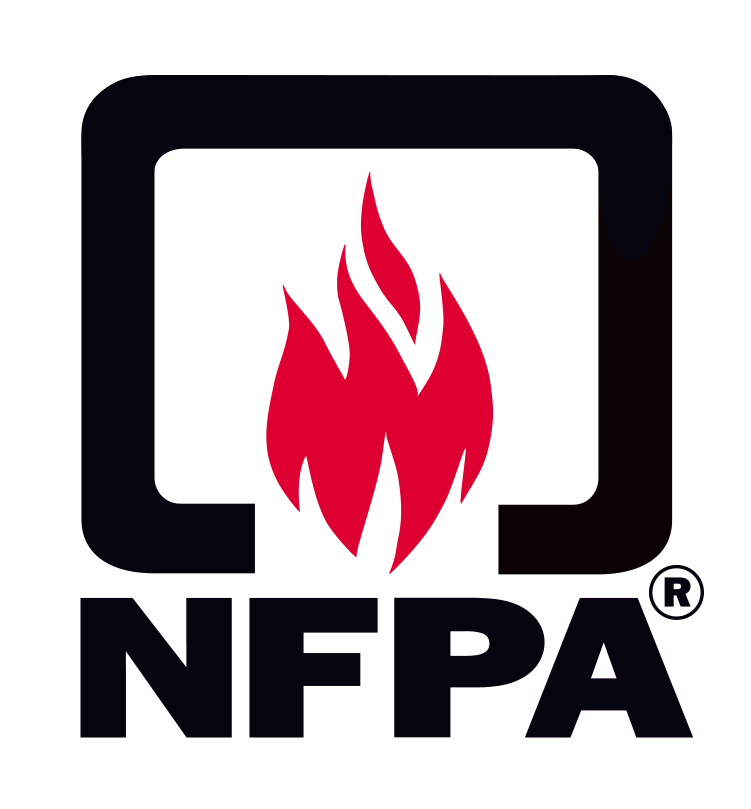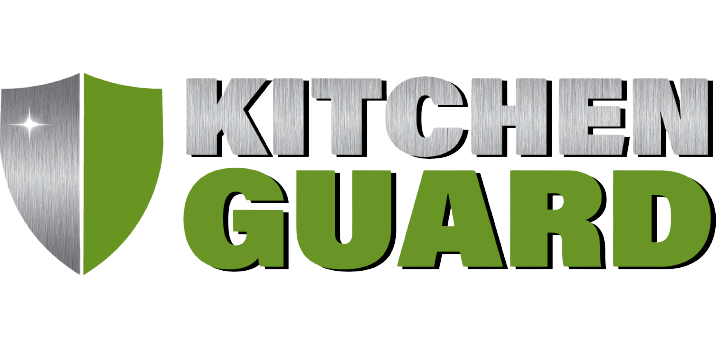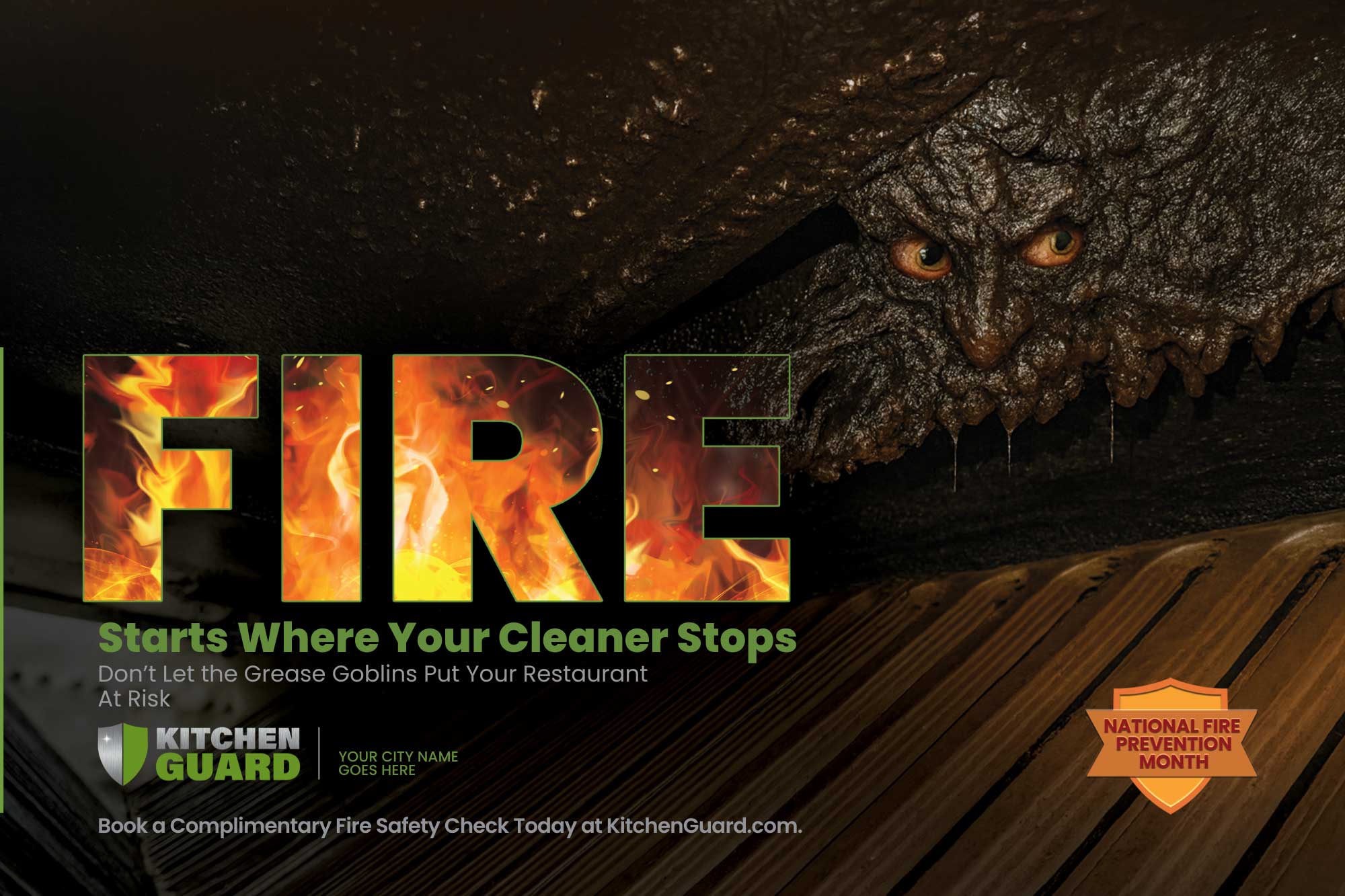How to Stay NFPA 96 Compliant
A Restaurant Owner’s Short Guide to Kitchen Exhaust Cleaning

Author: Molly Lombardo
Introduction
Running a restaurant or commercial kitchen comes with a long list of responsibilities, and one of the most critical is keeping your restaurant safe, and that means, staying compliant with fire safety regulations.
NFPA 96, from the National Fire Protection Association, is the national standard for ventilation control and fire protection in commercial cooking operations. Failing to adhere to these guidelines can lead to fines, shutdowns, or worse – a kitchen fire. In this guide, we’ll break down what restaurant owners need to know about NFPA 96 compliance and how to maintain a safe, efficient exhaust system.
What is NFPA 96 and Does It Really Matter?
NFPA 96 establishes fire safety protocols for commercial kitchen ventilation systems, with a direct focus on preventing grease fires. The key requirements include:
- Regular cleaning of hoods, ducts, and exhaust fans to remove grease buildup
- Properly functioning fire suppression systems to extinguish potential fires
- Routine inspections by certified professionals to ensure compliance
- Safe disposal of grease to prevent hazardous buildup
Ignoring these regulations (or purposely delaying proper cleaning and maintenance) can result in large fines, increased insurance costs, and, in extreme cases, complete business closure due to non-compliance. It’s simply not worth the risk. That’s why it’s imperative to partner with a kitchen exhaust cleaning professional.
How Often Should You Clean Your Exhaust System?
NFPA 96 specifies cleaning frequency based on kitchen activity levels:
- Monthly: High-volume kitchens like fast food restaurants and 24-hour diners
- Quarterly: Casual dining and hotel kitchens
- Semi-annually: Low-volume kitchens, such as churches and seasonal venues or community clubs
- Annually: Non-cooking facilities like daycares or office break rooms with minimal cooking
Failing to follow these guidelines can lead to dangerous grease accumulation, increasing the risk of fire hazards and regulatory violations.
A Simple Solution
Kitchen Exhaust Cleaning is a requirement for all commercial kitchen operators. So be sure to partner with a reliable and trusted professional who truly knows the code and advises on proper cleanings and maintenance. Not only that, partner with a company that takes it off your plate, so you can continue to serve others with full plates.



